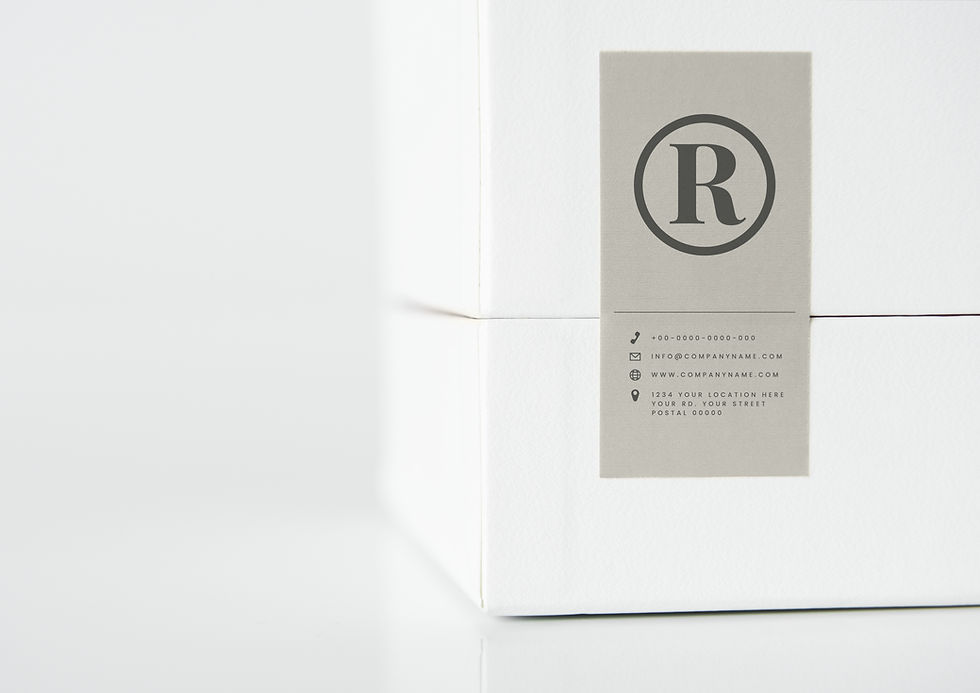How Far Does the Lanham Act Reach? The Supreme Court Wants to Know
- Monica

- Nov 29, 2022
- 2 min read
I know the world of trademark law was already exciting enough already, but you should know, it’s about to be pure fire. By that I mean the Supreme Court has recently agreed to hear TWO – not one – but TWO trademark cases this term! So what’s going on? Isn’t trademark well-settled law? Nope. Nothing is well-settled law anymore. Let’s check out what the Justices are going to be checking out.
Abitron Austria GmbH v. Hetronic International
In this case, the justices have agreed to look at the issue of whether the Lanham Act permits the owner of a trademark registered in the United States to recover damages for the use of that trademark when the infringement occurred outside the United States and is not likely to cause confusion in the United States.
As you might know from talking to me, reading my website, or attending one of my presentations, rights to copyrights and patents come directly from the U.S. Constitution. However, the right to trademark comes from the legislative branch, in the form of the Lanham Act, enacted by Congress in 1946. The Act led to the national system of trademark registrations allowing owners to protect their trademarks against the unauthorized use of registered trademarks and the use of trademarks that are similar to registered trademarks if such use is likely to result in consumer confusion or the dilution of the trademark.

The Lanham Act makes clear that a trademark owner is able to recover damages for infringement when the infringement occurs within the U.S. This is obvious, right? But what happens when the infringement occurs in another country? Does the Lanham Act protect trademark owners? Or is it up to the trademark owner to file international trademarks and use their trademarks internationally if they want broad protection? Stay tuned!
If you are dying to read the history of this Petition for writ of certiorari (how one requests review by the Supreme Court), you can find that here.
#createyourTM #branding #trademark #intellectualproperty #trademarklawyer #themoreyouknow #ontheblog #design #logo #supremecourt #lanhamact #internationalintellectualproperty #scotus
READY TO GET YOUR TRADEMARK STARTED? https://www.creativelawstudio.com/book-online
Monica Ugliuzza, Esq.

Monica is an attorney with a practice dedicated exclusively to trademark law. Monica is the founder and owner of Creative Law Studio, a law firm with creative minds to best serve creative clientele.
Disclaimer: This blog/website is intended to be published for educational and entertainment purposes and to give readers a general idea of the law of trademark. This blog/website is not intended to give any specific legal advice or to target a specific person. Readership of this blog cannot create an attorney-client relationship between you and the publisher. This blog should never be used to substitute the seeking out of personal, legal advice. The discussion of an existing or potential trademark shall not be taken as an endorsement by creative law studio, nor shall the same be taken as an endorsement of creative law studio. The discussion of specific trademarks does not mean that creative law studio is a record attorney for such trademarks.






Comments